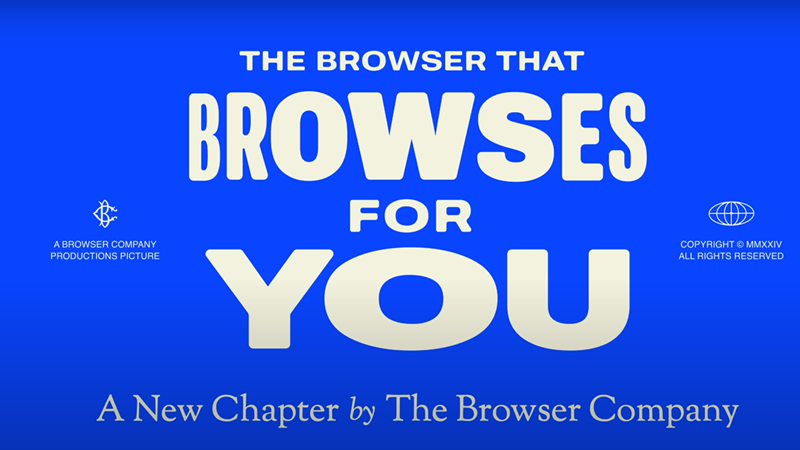interessanter und laaaanger Artikel, der die Situation der US-amerikanischen Zeitungen analysiert und Wege aus der momentanen Misere aufzuzeigen versucht.
All the News That’s Fit to … Aggregate, Download, Blog: Are Newspapers Yesterday’s News? (Wharton)
Auszug:
Banaszynski of the University of Missouri stresses that there simply is no single „magic bullet“ that will wipe away the problems of the newspaper business. Yes, local coverage will be necessary but it will not come easily or cheaply for big-city dailies. „One of the things newspapers have been trying to do is this mantra of ‚local, local, local,'“ she says. But if local news is going to be something that readers cannot get anywhere else, „you have to get to the granular level. You need bodies and resources, and that’s expensive.“
Banaszynksi says the roughest road ahead may be for those mid-size newspapers caught between the major dailies and the small town and suburban papers. The truly big papers with the deepest pockets — The New York Times, The Wall Street Journal, USA Today and perhaps The Los Angeles Times — have such deep benches that they will be able to appeal to readers largely on the basis of their national and international coverage, she says. The small papers, in turn, will have a lock on their markets because they make no pretense of offering anything but deep local coverage and have no competition on that score.
But papers like The Philadelphia Inquirer are in a bind; they can be neither The New York Times nor a truly local paper because they lack the staff to fulfill either role. „It’s those regional and metro papers that were such a force that are now the ones in the biggest trouble,“ Banaszynski says. „The Philadelphia Inquirer can’t be local enough to be truly local“ for readers who want to know „what happens right up my street.“
via Kommentar von Jürgen Ahing auf Reine Formsache




















